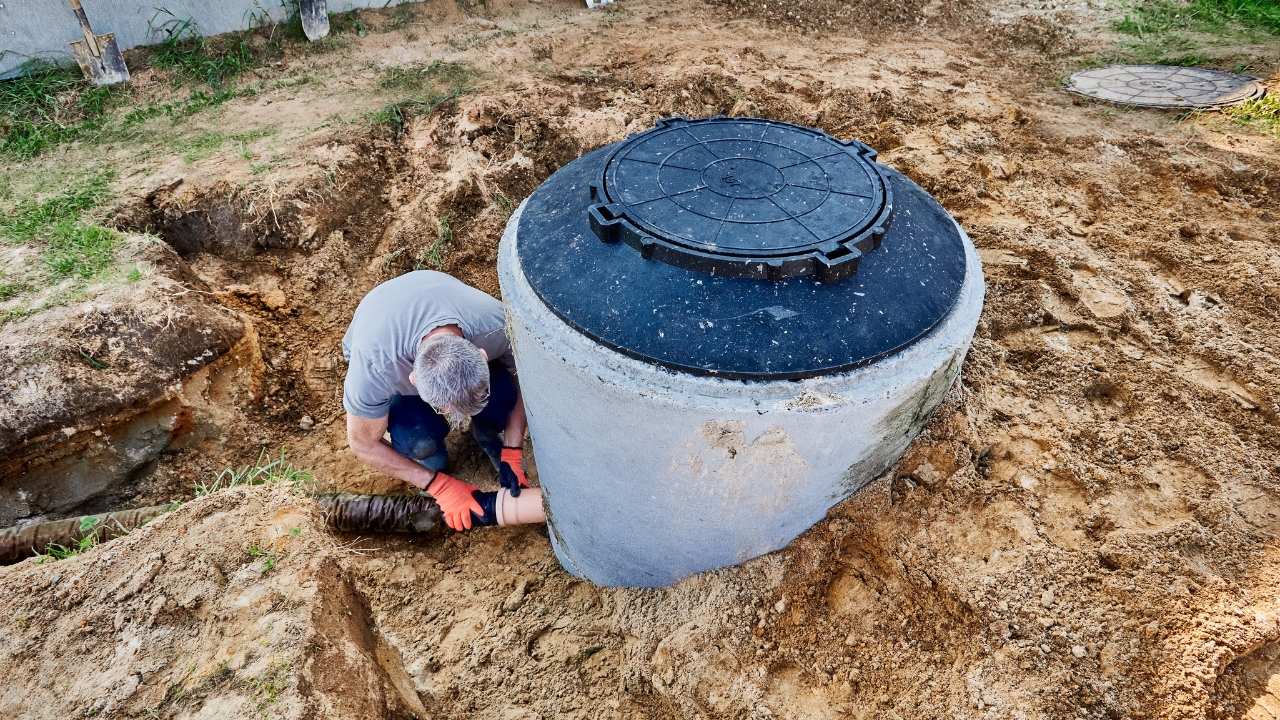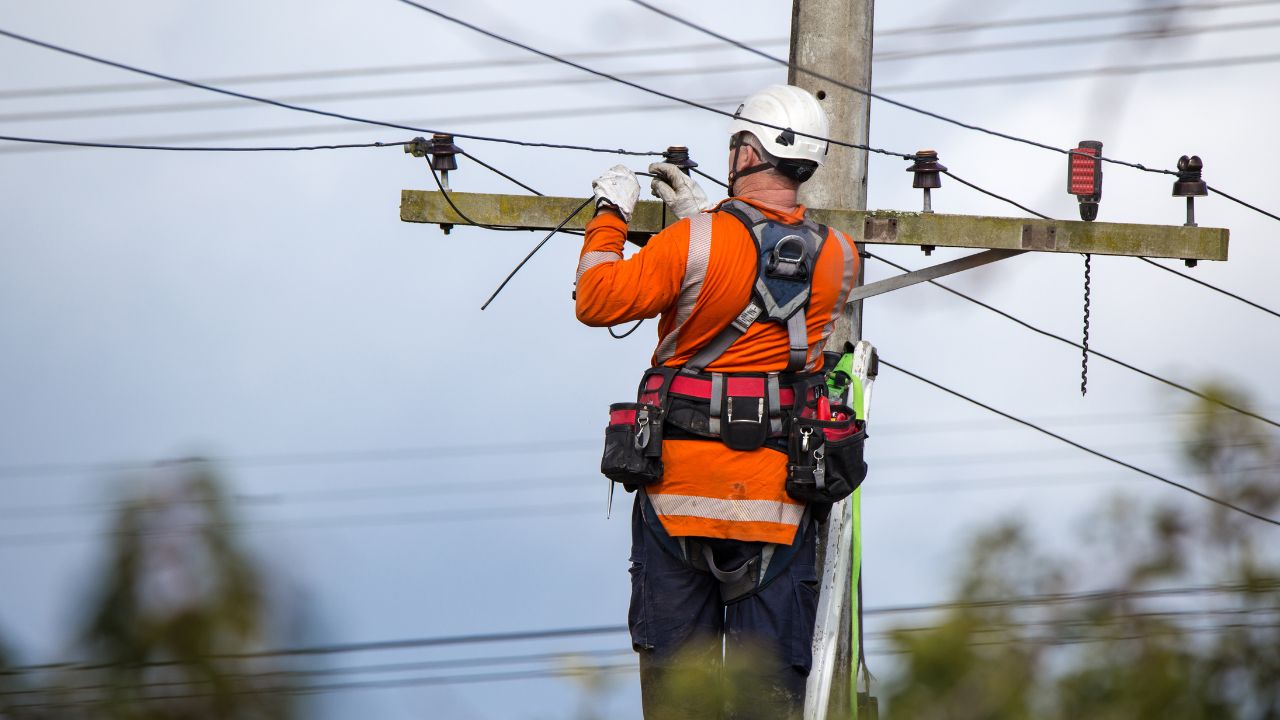10 things new landowners regret not budgeting for
Buying land feels like the big expense — but the real costs start showing up after the papers are signed. Clearing, access, utilities, and upkeep can add up faster than you expect, especially if you’re setting up raw acreage.
Most new landowners think they’re prepared until those “didn’t think of that” expenses start rolling in. Whether you’re building, homesteading, or planning long-term, these are the things that catch almost everyone off guard the first time around.
Driveway and access costs

Getting to your property can cost more than you’d think. If you need a driveway graded or gravel laid, you’re looking at thousands in equipment work and material — especially if you’re dealing with a long or uneven stretch.
Even short driveways need proper drainage and a solid base, or you’ll be paying for repairs after every storm. Always budget extra for access work before you start hauling in materials or planning construction.
Clearing and grading

Trees, brush, and uneven terrain can eat through your budget quickly. Clearing a few acres by hand might sound doable, but once you factor in equipment, hauling, and disposal, it adds up fast.
Hiring a dozer or forestry mulcher for a few days is often cheaper and safer in the long run. Even if you’re doing part of it yourself, grading for driveways, building pads, or drainage always costs more than people expect.
Water access and installation

Whether you’re drilling a well or tying into city water, water access isn’t cheap. Well drilling prices depend on depth and location, and you can’t always predict how deep you’ll need to go until the rig shows up.
Even connecting to public water can involve tap fees, trenching, and permits. Always research local costs before closing, and budget extra for unpredictable depth or hookup requirements.
Septic or wastewater setup

Many rural properties require a septic system, and installation costs vary based on soil type, slope, and system size. You’ll need a soil test and possibly a more complex system if the ground doesn’t drain well.
Permitting, tanks, and leach field materials all add up. It’s one of the most common surprises for first-time landowners — and one you don’t want to underestimate.
Fencing and gates

Even basic fencing gets expensive fast when you’re dealing with acreage. Between materials, posts, and labor, a few thousand feet of fencing can blow through a big chunk of your budget.
Whether it’s for livestock, pets, or privacy, plan ahead for both cost and maintenance. Gates, corner braces, and hardware often cost as much as the fence itself once everything’s installed.
Power installation

Running electricity to a rural property isn’t always as easy as calling the utility company. You may need to pay for poles, trenching, or transformers to reach your site.
Some power companies cover the first few hundred feet, but anything beyond that is on you. If you’re building off-grid, budget for solar or backup power storage — both require upfront investment even if they save money later.
Drainage and erosion control

Land doesn’t always drain the way you expect, especially after construction or grading. Poor drainage can wash out driveways, flood low spots, and damage foundations over time.
Culverts, ditches, and gravel reinforcement aren’t exciting, but they’re essential. Spending on proper drainage early can save you thousands in repairs once the first heavy rain hits.
Equipment and maintenance tools

Once you own land, you’ll need the tools to maintain it — and they’re not cheap. A tractor, mower, chainsaw, and basic implements can easily reach five figures if you’re starting from scratch.
Even smaller properties need upkeep equipment. Budget for maintenance costs too — blades dull, belts snap, and fuel bills add up faster than most new owners realize.
Permits and inspections

Before you can build anything — even a shed or driveway — you might need permits. Fees vary by county, and missed inspections can cause delays or fines that stretch your budget.
Research what’s required in your area before starting projects. Building codes, septic permits, and environmental reviews all take time and money. Planning ahead saves you from costly surprises later.
Insurance and property taxes

Land insurance and taxes are easy to overlook when you’re focused on buying. Even undeveloped land needs liability coverage, especially if people can access it.
Property taxes also vary widely, and they often rise once you add structures or improvements. Make sure you calculate both before committing, or that “cheap” acreage might cost more to keep than you planned.
*This article was developed with AI-powered tools and has been carefully reviewed by our editors.







